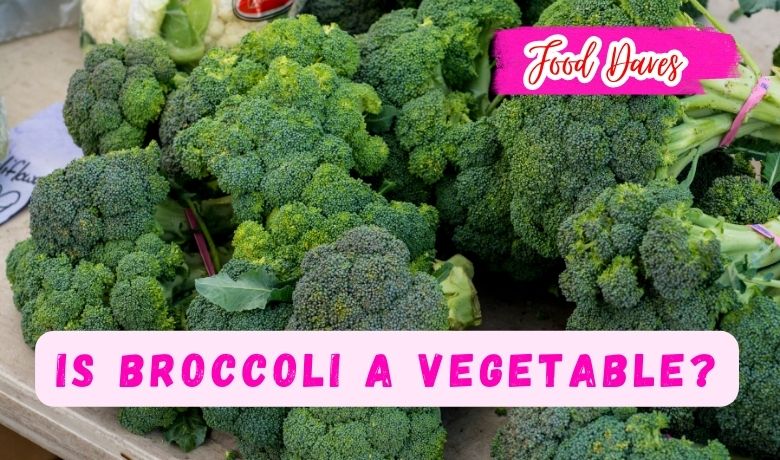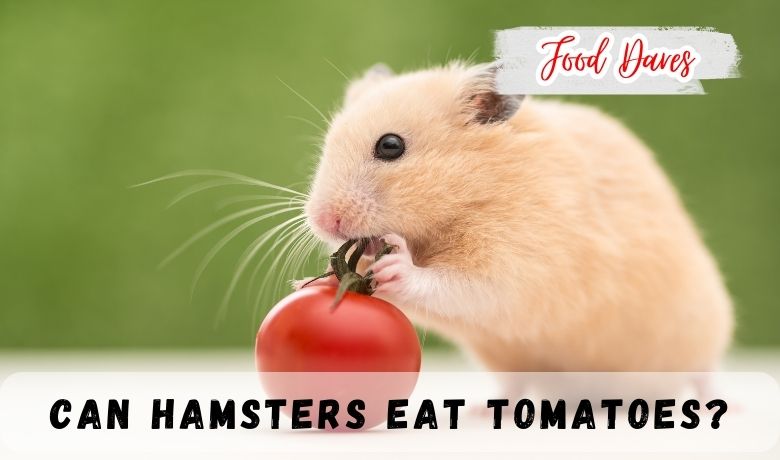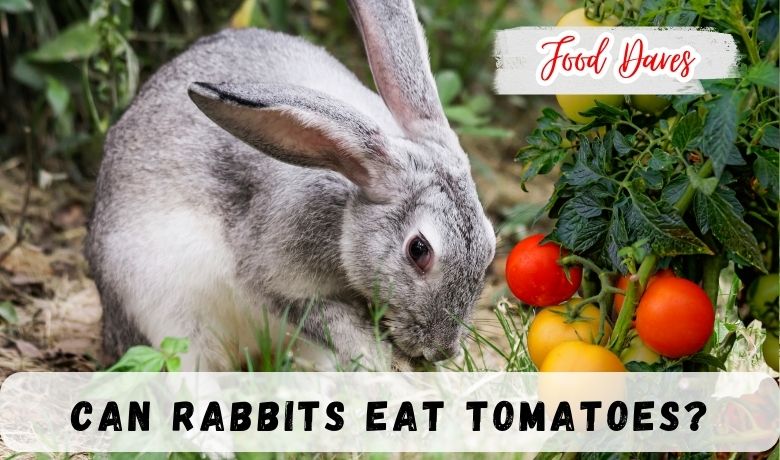Broccoli, the vibrant green vegetable with its distinctive florets and thick stalks, has captured health-conscious and food enthusiasts’ hearts and taste buds. As a member of the cabbage family, broccoli boasts an excellent nutritional profile, making it a powerhouse of essential vitamins, minerals, and antioxidants. In this comprehensive article, we delve into the world of broccoli, exploring its origins, health benefits, culinary uses, and tips for selecting and storing this versatile vegetable. Join us as we unravel the secrets of broccoli and discover why it has earned its place as a beloved vegetable in kitchens around the globe.
The Origins and Evolution of Broccoli
Broccoli’s history traces back thousands of years to its birthplace in Italy. The vegetable’s name originates from the Italian word “broccolo,” meaning “cabbage sprout.” It was initially cultivated from wild cabbage plants, and over time, through selective breeding, different varieties of broccoli emerged.
The most common variety, Calabrese broccoli, features a dense head of tightly packed florets atop a sturdy stalk. Other varieties include sprouting broccoli, which possesses smaller heads and longer stems, and broccolini, a hybrid of broccoli and Chinese kale. There’s also the visually striking purple or Romanesco broccoli, known for its unique spiral shape and vibrant green or purple color.
Nutritional Value and Health Benefits of Broccoli
Broccoli’s appeal extends beyond its vibrant appearance, as it is a nutritional powerhouse. Packed with essential vitamins, minerals, and beneficial compounds, broccoli offers an array of health benefits.
A. Vitamin and Mineral Content:
Broccoli is an excellent source of vitamins C and K, vital in maintaining overall health. Vitamin C supports the immune system, aids in collagen production, and acts as an antioxidant, protecting cells from damage. Vitamin K is essential for blood clotting and bone health.
Furthermore, broccoli is rich in folate, a B vitamin crucial for cell growth and development, especially during pregnancy. It also contains minerals like potassium, which supports heart health and regulates blood pressure, and fiber, which aids digestion and helps maintain a healthy weight.
B. Antioxidant and Anti-Inflammatory Properties:
Broccoli contains various antioxidants, including flavonoids, carotenoids, and vitamin C, which help neutralize harmful free radicals in the body. These antioxidants reduce oxidative stress, inflammation, and the risk of chronic diseases like heart disease, cancer, and neurodegenerative disorders.
C. Cancer-Protective Effects:
Research suggests that the compounds found in broccoli, such as sulforaphane and indole 3 carbinol, possess anticancer properties. These compounds may help inhibit the growth of cancer cells, reduce inflammation, and promote detoxification processes in the body. Although more studies are needed, incorporating broccoli into a balanced diet is considered a valuable dietary strategy for cancer prevention.
D. Digestive Health and Weight Management:
Broccoli’s fiber content supports a healthy digestive system by promoting regular bowel movements and maintaining healthy gut microbiota. Moreover, the high fiber content contributes to feelings of satiety, making broccoli a valuable addition to weight management plans.
What is a vegetable?
A vegetable is a broad term used to describe edible plants or parts of plants that are primarily consumed for their nutritional value and culinary purposes. Vegetables encompass plant-based foods, including leafy greens, root vegetables, legumes, and more. They are typically low in calories and fat while rich in essential vitamins, minerals, and dietary fiber. Vegetables play a vital role in a balanced diet, providing many nutrients for maintaining good health and well-being. They can be enjoyed raw or cooked and are essential to various cuisines worldwide.
Is Broccoli Technically a Fruit?
No, broccoli is not technically a fruit. While it is true that broccoli belongs to the plant family Brassicaceae, which includes certain fruits like tomatoes and cucumbers, it is classified as a vegetable. In botanical terms, fruits develop from the fertilized ovaries of flowering plants and contain seeds. Broccoli, conversely, is characterized by its dense, flowering head and thick stalks, and it does not contain seeds. The part of broccoli typically consumed is the immature flower head and the tender stalks, classified as vegetable matter. Therefore, broccoli is considered a vegetable rather than a fruit.
Why Is Broccoli Not A Fruit
Broccoli is not considered a fruit because it does not meet the botanical definition of a fruit. Fruits are the mature ovaries of flowering plants that develop after pollination and contain seeds. They are typically sweet and used for reproduction, dispersing seeds to propagate new plants.
In the case of broccoli, what is consumed is the immature flower head and the tender stalks. These are harvested before the flowers fully develop and open, preventing seed formation. While broccoli is part of the Brassicaceae family, which includes some fruits, such as tomatoes and cucumbers, broccoli does not meet the criteria to be classified as a fruit.
From a culinary and practical standpoint, broccoli is considered a vegetable due to its savory flavor, culinary usage, and nutritional composition. It is classified and commonly consumed as a vegetable, although it shares specific characteristics with fruits from a botanical perspective.
Is Broccoli a Flower?
Yes, broccoli is indeed a flower. The edible part of broccoli that we commonly consume is the flower head of the plant. Broccoli belongs to the Brassica oleracea species and is cultivated explicitly for its dense clusters of undeveloped flower buds, known as florets. If left to mature, these florets would eventually bloom into yellow flowers.
When broccoli is harvested, it is done so before the flowers fully open, ensuring that the florets remain tightly clustered and have a tender texture. The thick stalks that support the flower head are also edible and commonly consumed. Therefore, while broccoli is a vegetable overall, it is precisely the flower head and associated stalks that make up the edible portion of the plant.
Is Broccoli a Vegetable?
Yes, broccoli is considered a vegetable. It belongs to the Brassica oleracea species and is cultivated for its edible portions, including the flowering head (known as the florets) and the tender stalks. Broccoli is widely recognized and classified as a vegetable due to its culinary usage, nutritional composition, and overall characteristics.
Vegetables are typically defined as edible plants or parts consumed for their nutritional value and culinary purposes. Broccoli fits this definition as it is consumed for its taste, texture, and various health benefits. It is commonly prepared and enjoyed in various dishes, including salads, stir-fries, soups, and more.
Why Is Broccoli Often Treated Like a Vegetable?
Broccoli is often treated like a vegetable for several reasons, even though it is technically a flower head. Here are some key factors:
Culinary Usage: Broccoli is commonly used in savory dishes, making it more aligned with the culinary characteristics of vegetables. It is versatile and can be steamed, roasted, stir-fried, or eaten raw in salads. Its mild and slightly bitter flavor profile lends well to various recipes, allowing it to integrate into vegetable-focused dishes seamlessly.
Nutritional Composition: Broccoli’s nutritional composition is similar to vegetables and fruits. It is known for its high content of vitamins, minerals, fiber, and phytochemicals, all characteristic of vegetables. The emphasis on its nutritional value and health benefits further reinforces its classification as a vegetable.
Cultural and Culinary Tradition: Throughout history, broccoli has been predominantly regarded and prepared as a vegetable in culinary traditions worldwide. It is commonly included in vegetable-centric meals, side dishes, and vegetable medleys, reinforcing its association with vegetables in culinary practices.
Practicality and Convenience: From a practical standpoint, grouping broccoli with other vegetables simplifies grocery shopping, culinary categorization, and meal planning. Organizing foods based on culinary usage and nutritional properties makes it easier for consumers and culinary professionals to navigate and incorporate them into their diets.
While broccoli may technically be a flower head, the way it is commonly used, its nutritional profile, cultural traditions, and practical considerations all contribute to why it is often treated and referred to as a vegetable.
Frequently Asked Questions About Broccoli
What are the health benefits of broccoli?
Broccoli is highly nutritious and offers numerous health benefits. It is rich in vitamins C and K, folate, fiber, and antioxidants. It may help support a healthy immune system, promote digestion, reduce inflammation, and improve overall well-being.
How should broccoli be cooked?
Broccoli can be cooked in various ways, including steaming, boiling, roasting, stir-frying, or even eaten raw in salads. Lightly cooking methods help retain nutrients and texture.
Can broccoli aid in weight loss?
Broccoli can benefit weight loss due to its low-calorie and high fiber content. It can help promote feelings of fullness, support healthy digestion, and contribute to a balanced and calorie-conscious diet.
Can broccoli be eaten raw?
Yes, broccoli can be consumed raw. It adds a refreshing and nutritious element to salads or can be enjoyed as part of vegetable platters. It provides a crunchy texture and retains its nutrient content when consumed raw.
Conclusion: Is Broccoli a Vegetable?
Broccoli, with its vibrant green color, distinctive florets, and nutritional powerhouse, has rightfully earned its place as a beloved vegetable in kitchens worldwide. From its ancient origins in Italy to its modern-day popularity, broccoli has continuously captured the attention of health-conscious individuals and food enthusiasts alike. Its high vitamin and mineral content, antioxidant properties, and potential health benefits make it a valuable addition to a balanced diet.
Whether steamed, roasted, stir-fried, or enjoyed raw, broccoli’s versatility in the kitchen opens up a world of culinary possibilities. Its mild yet distinctive flavor pairs well with various ingredients, making it versatile in side dishes, salads, stir-fries, soups, and pasta dishes.
So, the next time you reach for this vibrant vegetable, remember that you’re not only indulging in a delicious and satisfying meal but also nourishing your body with abundant nutrients and potential health benefits. Embrace the wonders of broccoli and let it take center stage in your culinary adventures.



